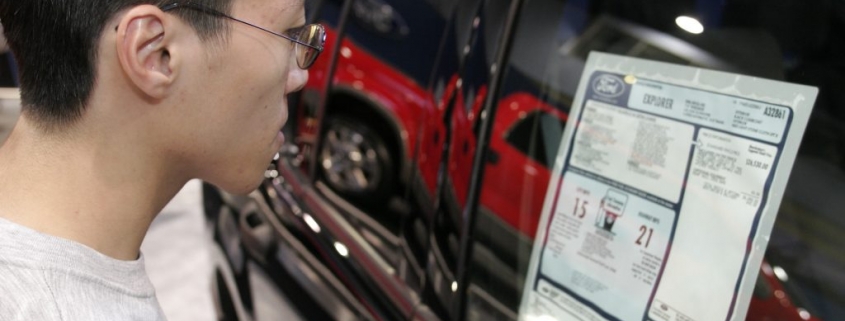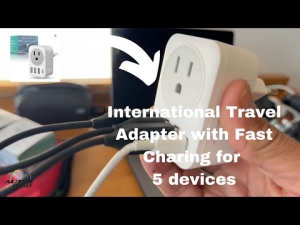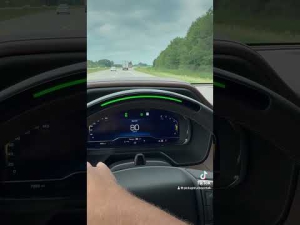Can a Retailer Charge Over MSRP?
Car salespeople often go out of their way to let you know how much of a deal you’ll get if you buy. For instance, you could get $500 bonus cash, 0.9% APR, extra credit on your trade — the works. But the key number in car sales is the price of the vehicle. Cars arrive at the dealership with an MSRP, or manufacturer’s suggested retail price. As the term indicates, this is the suggested price of the vehicle.
But if dealerships want to charge more, potentially on a popular model, are they legally allowed to do so?
MSRP, sticker price, and dealer invoice
So, where does the MSRP come from? Is it legal to charge more than that, and is there a difference between MSRP, sticker price, and dealer invoice? Earlier this year, Edmunds went into detail about the different prices a buyer might encounter during an auto purchase. Beginning with MSRP: The manufacturer’s suggested retail price is just that: what the manufacturer (Kia, for example) suggests the dealership charge for the car. The dealer invoice is the amount the dealership paid the manufacturer for the vehicle.
To oversimplify, the dealership’s profit on a vehicle is the sale price minus the dealer invoice (setting side financing, aftermarkets, etc.) When the sale price is the same as the MSRP, every vehicle produces the same profit. But the MSRP is generally higher than the dealer invoice, which gives dealerships negotiating room when buyers aren’t willing to shell out for the MSRP, also known as the sticker price.
Can a dealer charge over the MSRP?
The idea of overcharging based on the MSRP doesn’t appear to make much sense. After all, if a dealership in the next city is selling a car at the MSRP instead of a $1,000 upcharge, there’s no reason to pay more than the sticker price. However, dealerships have been unable to keep certain models in stock. For example, the 2020 Kia Telluride has exceeded expectations in every way, even being named the World Car of the Year.
Dealers have struggled to keep the 2020 Telluride in stock on their lots, eventually raising the prices above MSRP to guarantee bigger profits on the wildly popular SUV. As Kia settled into its reputation as a surprising contender in the SUV market, dealers raised the prices on the 2020 Telluride. Consumers had the choice to pick another vehicle at or below MSRP instead, but few have complained about their Telluride.
Why would a dealer ask for more than the manufacturer’s suggested retail price?
But what about when the tables are turned? Dealers are generally happy to take a small profit — or even no profit or a loss — to move stock and meet quotas, but when popular vehicles like the Telluride are flying off the lot, they can afford to be more discerning when they set the sales price. The MSRP is suggested, and no law or regulation prevents dealers from pricing vehicles higher. But this occurs only when demand is so high that dealers aren’t struggling to make a sale, and it generally indicates that an MSRP is too low.
In the rare case that dealers can’t restock a particular vehicle fast enough, it’s perfectly legal (and a savvy business decision) to charge more than the MSRP. The recent semiconductor chip shortage has led to production delays, causing dealers to receive fewer cars than usual. To compensate, many have raised prices above MSRP or left prices at MSRP instead of reducing them. This slows the overall sales numbers but ensures a profit when the vehicles are purchased.
So, when demand is significantly higher than supply for any reason, raising the price above MSRP allows dealerships to maintain similar revenue goals.
RELATED: Used Cars Devastatingly Skyrocket to New Car Prices
The post Can a Retailer Charge Over MSRP? appeared first on MotorBiscuit.






